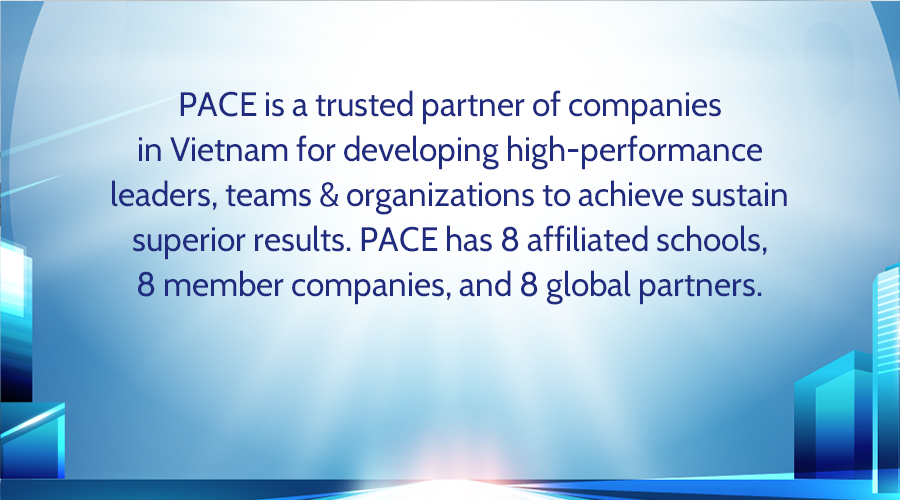According to a recent study by Harvard Business Review, CEO's salary is increasing "out of control". The reason is that the number of CEO talent to be able to handle big corporations too scarce, so these companies are forced to take out huge salary to be able to retain or attract top talent. According to this study, with a typical CEO of an S&P 500 company earning $11 million in total compensation, CEOs outstanding even receive salary + bonus at unpredictable.
However, rarely do people ask, “How many people can actually run a large, publicly traded company?” The answer to this question is critical in determining whether CEO pay is excessive. If CEO talent is plentiful, the price for the talent resource will be efficiently set in arms-length bargaining. If CEO talent is scarce, then it makes sense that competition to hire those individuals will drive pay higher, just as it does in other professions. The answer to this question also has important ramifications for how directors evaluate performance, develop future talent, and plan for succession.
Harvard Business Review has done a surveyed 113 nonexecutive directors of Fortune 250 companies, in order to better understand the scale and quality of human resources market. Based on the results obtained, a lot of them said that the job of CEO is very difficult and only a few talented enough to be able to run a big company.
Almost all directors in our study (98 %) describe the CEO job at their company as extremely or very challenging. When asked how many people may assume the CEO position in the company they can and do effect at least equal to the existing personnel, the answer is less than 4. Also when asked how many people may be responsible for the company's CEO position their biggest rivals to make that company can also work well as at present, only 6 people can meet. They also believe that only 9 executives would have the skills needed to turn around a company struggling in their industry. These are shockingly small numbers!

Fortune 250 directors strongly agree that CEOs in their industry have “specific skills that are extremely hard to replicate”. Furthermore, they believe having top talent is critical for their company’s overall success, agreeing that “it is impossible to be the top company in our industry without having the top CEO in our industry”. On average, directors believe that “it is difficult to evaluate prospective CEO talent during a search process because a candidate might meet all the criteria in terms of previous work experience but it is still hard to tell whether he or she would be a successful CEO”. And that was the reason for the CEO salary increasingly being pushed up.
With talent shortages still continue as above will cause the worrying consequences:
1. The labor market for CEO talent might be inefficient
If the scarcity of human resources senior lasts, the leaders’ companies may face claims of the CEO and may occur irregularities in the balance of power between the Leaders and Board of directors.
2. Amount paid to the CEO talent is extremely high
Senior personnel market scarcity may explain the income crisis of CEO talent, especially the top companies in the US. To retain and attract talent, especially the CEO plays a vital role in the success of the company, the Board of Directors are forced to raise salaries and bonuses. So when the company fired them because of contradictory or occur because cannot meet the demands absurd, then the compensation will be extremely high.
3. Performance evaluations might not be objective
The Board easily tolerate the unacceptable behavior are of current concern CEOS can't find a good worthy alternative.
4. Succession planning is critical
If directors believe that executives require special and rare attributes that are difficult to identify. Identifying the potential candidates meet in function, expertise, management experience combined with leadership abilities and cultural fit is very difficult, but it is also an important key to build the legacy plan.

5. Developing internal candidates is likely more efficient
Internal executives continue to be a promising source of candidates for most companies when it comes to future succession. Given the board’s familiarity with them, the visibility of their track record, and their tested cultural fit, it might be more economical for most companies to invest in—and retain—their best internal talent to prepare best for the generation of leadership succession.
At the same time, these survey results serve as a warning to directors to double check their assumptions about the scarcity of CEO talent to make sure this perception isn’t distorting decisions they are making about pay, performance, talent development, and succession planning.
The comments from the experts of the Harvard Business Review shows us not only the situation of the CEO in the world that reflects the real situation in Vietnam CEOs present and future.
Source Havard Bussiness Review









.jpg)
.jpg)
